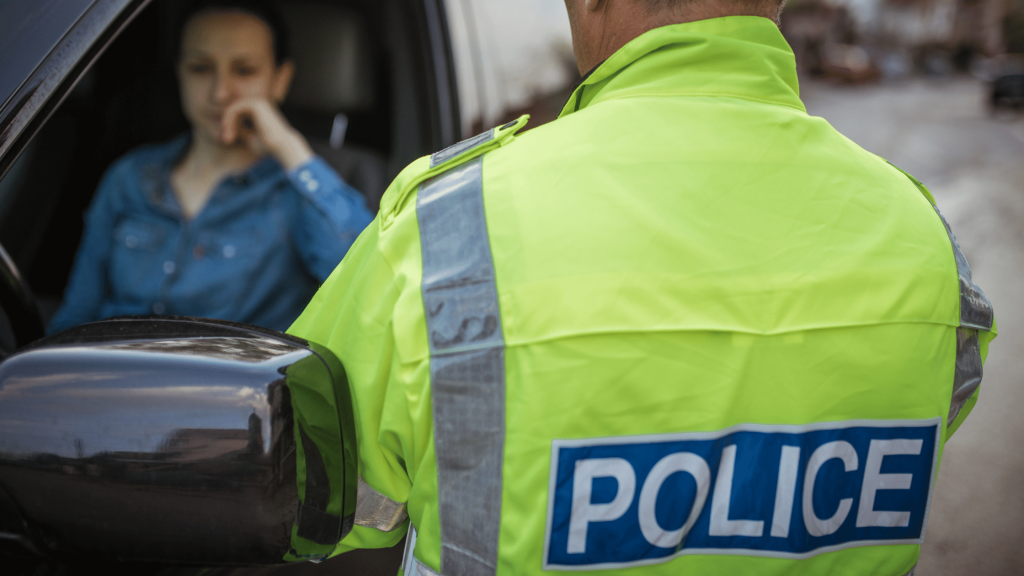Having valid insurance cover and an up-to-date MOT certificate is a legal requirement for all vehicle owners.
Here is our essential guide to the consequences of having no MOT or insurance whilst on the road.
What is an MOT?
An MOT test is an annual inspection that is required by law on all vehicles in the UK that are older than 3 years (and some vehicles that are older than 1 year). The test follows strict criteria to determine whether your car is safely roadworthy. A broad range of vehicle safety checks must be completed including lights, tyres, seatbelts, and emissions.
If the vehicle passes, will receive a certificate that is valid for 12 months from the expiry of your previous certificate rather than 12 months from the date of the test. This is important to remember so you are not driving your car when the Mot has expired.
If the vehicle fails, you will receive a list of the ‘major’ or ‘dangerous’ faults present. These need to be fixed and the car retested before it is deemed roadworthy.
What are the consequences of not having a valid MOT certificate?
Without a current MOT certificate, you will be unable to drive your vehicle lawfully or renew your road tax. The penalty for not having a valid MOT is a fine of up to £1,000 if the case goes to court. If your car has failed the test and is deemed as ‘dangerous’ you could result in a fine of up to £2,500, points on your licence, or in more severe cases, a driving disqualification.
Is insurance valid without an MOT?
While it will vary depending on the policy, in many cases when your MOT certificate reaches its expiry date, your insurance becomes invalid. If you are part of a traffic accident, you won’t be insured by your provider and will have to cover any repair costs yourself.
If the fault of the accident falls with you, damages caused to any other involved vehicles will be your responsibility.
Can you be stopped for having no insurance?
The primary reason car insurance is required is to protect you, your vehicle, and other motorists against liability in the case of an accident.
Police have number plate recognition cameras, so they know whether a car is insured or not.
If you’re stopped and asked to present your documents, you have seven days to provide the police with an up-to-date insurance certificate at your nearest police station. It must be valid at the time you were stopped. You cannot buy insurance during those seven days. It’s against the law to drive a vehicle on a public road without at least the most basic level of car insurance i.e., Third-party insurance.
What are the penalties for driving with no insurance?
If you’re caught driving a vehicle you’re not insured to drive, the police will hand out a minimum:
- fixed penalty fine of £200
- 6 penalty points
The police will decide whether more serious cases are to be handled in court. These may include cases where a driver has never passed a driving test, has given false details, or was driving a higher risk vehicle, like an HGV.
A court can issue:
- an unlimited fine
- disqualification from driving
The police also have the power to:
- seize the vehicle – even if it doesn’t belong to you
- destroy the vehicle
Other costs you may be liable for include:
- a higher car insurance premium in the future
- costs associated with an accident
It is pointless taking any risks when it comes to your car insurance and MOT, it just isn’t worth it. If you require any advice on motoring offences or you would like to talk to one of our in-house expertise solicitors please contact us for more guidance.
Related Blog Posts:

